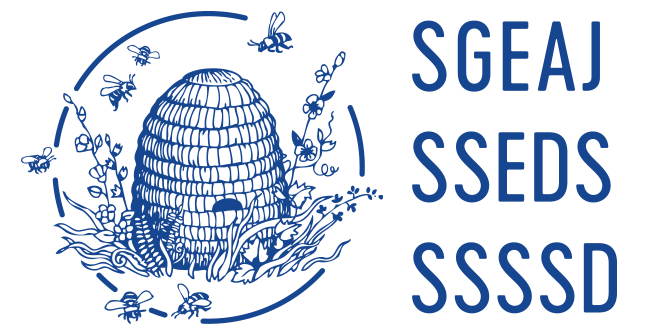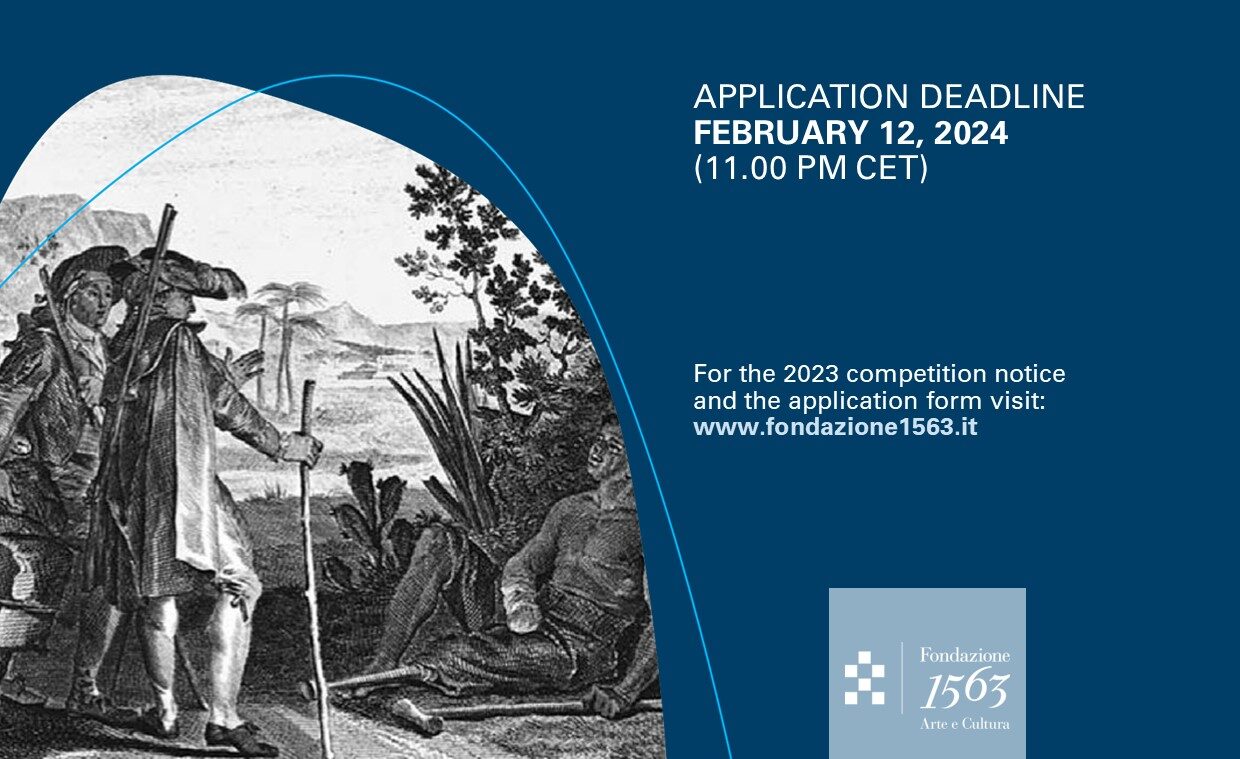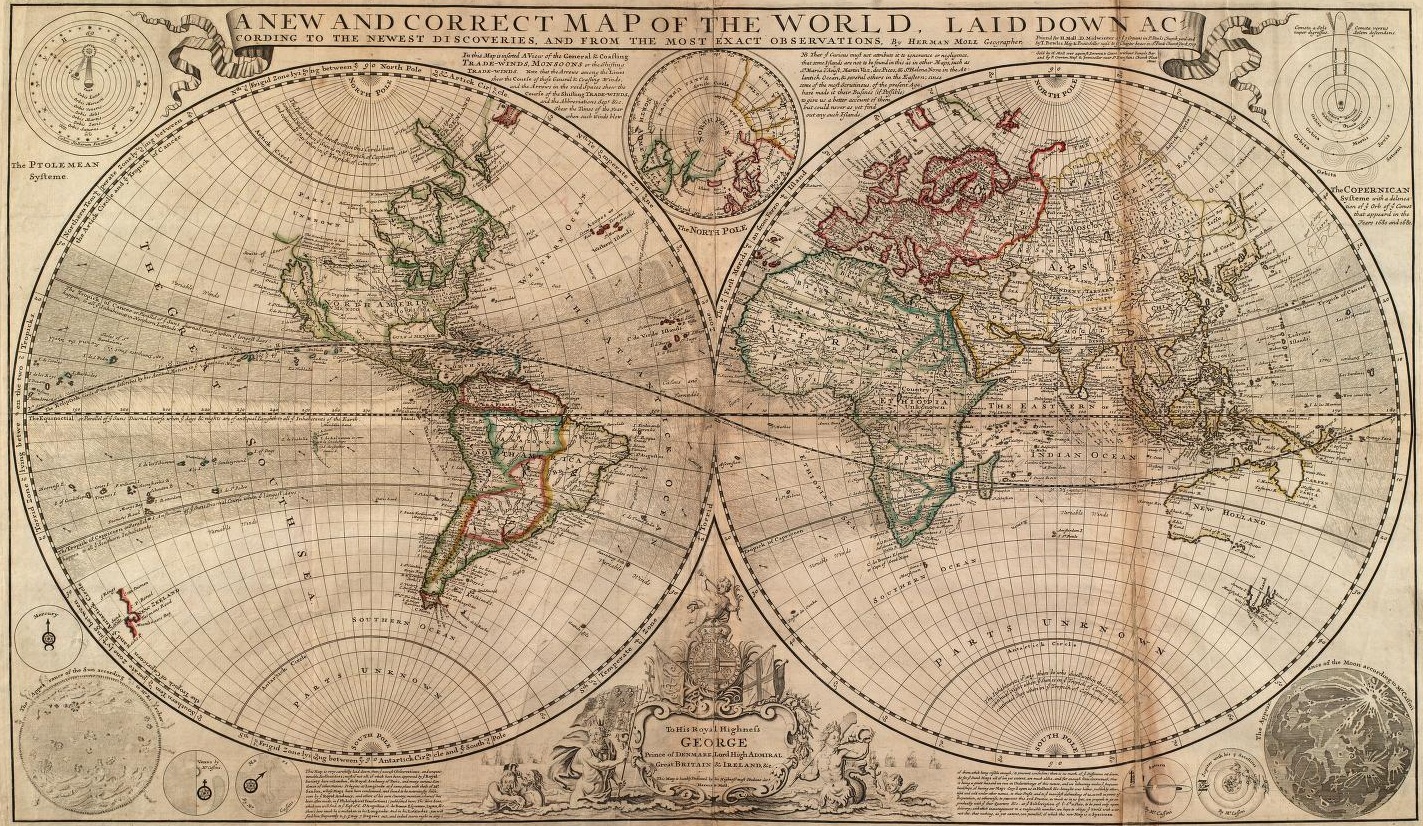“Slavery and Serfdom in Europe and the New World: Debates in the Early Modern Period”, Turin Humanities Programm, 4th Call for Applicatios for the 2024-2026 Research Cycle
Fondazione 1563 is now pleased to launch the fourth call for applications to award up to 4 two-year fellowships for advanced studies on Slavery and Serfdom in Europe and the New World: Debates in the Early Modern Period.
The Director of Studies for this programme (2024-2026) will be Nicholas Cronk, Director of the Voltaire Foundation, Professor of European Enlightenment Studies, and Fellow of St Edmund Hall at the University of Oxford.
For information and questions please email: info@fondazione1563.it
Applicants are invited to submit research projects of a maximum of 3000 words, plus bibliography. Projects are expected to engage with one or more aspects of the general research framework Slavery and Serfdom in Europe and the New World: Debates in the Early Modern Period.
Candidates are invited to propose projects dealing with the questions surrounding slavery and serfdom in Europe and the New World within the timeframe of the Early Modern period, defined here broadly as stretching from the sixteenth century to the beginning of the nineteenth.
The project will aim to encourage a comparative perspective, focussing on three key aspects:
- Enlightenment debates from race and ethnicity to the rights of man. Debates about enslavement begin with ethical, economic and theological questions, and evolve towards a greater focus on race, ethnicity and discussion of the rights of man.
- Serfdom and slavery. Serfdom existed widely across Europe in the Early Modern period. The challenges to serfdom in part overlap with the challenges to enslavement, and it is instructive to compare these parallel debates.
- The role of imaginative literature. Literature in the Enlightenment period is used increasingly as a tool to explore the paradoxical fictions of enslavement and to communicate these unresolved questions and concerns to a broader public.
Details of the research framework can be found here.
In addition to the research proposal, applicants must submit their Curriculum vitae et studiorum and:
- an article-length piece of writing, published or unpublished, which demonstrates innovative thinking (written in English, French, German, Italian, or Spanish) and
- the contact information of two scholars familiar with the applicant’s work and willing to act as their referees (one of whom can be their PhD supervisor); only the referees of shortlisted candidates will be contacted by the Fondazione 1563.
Successful candidates will carry out their individual research projects under the supervision of the Director of Studies. They will also collaborate to the organization of activities such as seminars, conferences, exhibitions and summer schools, during which they will be invited to share their research projects with a wider community of academics as well as students and the general public.





